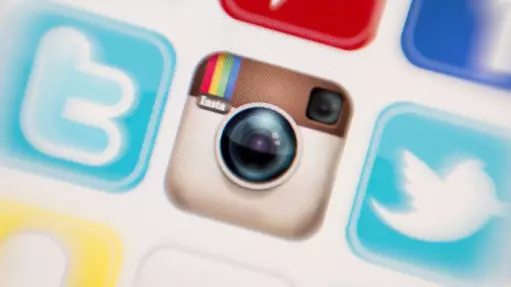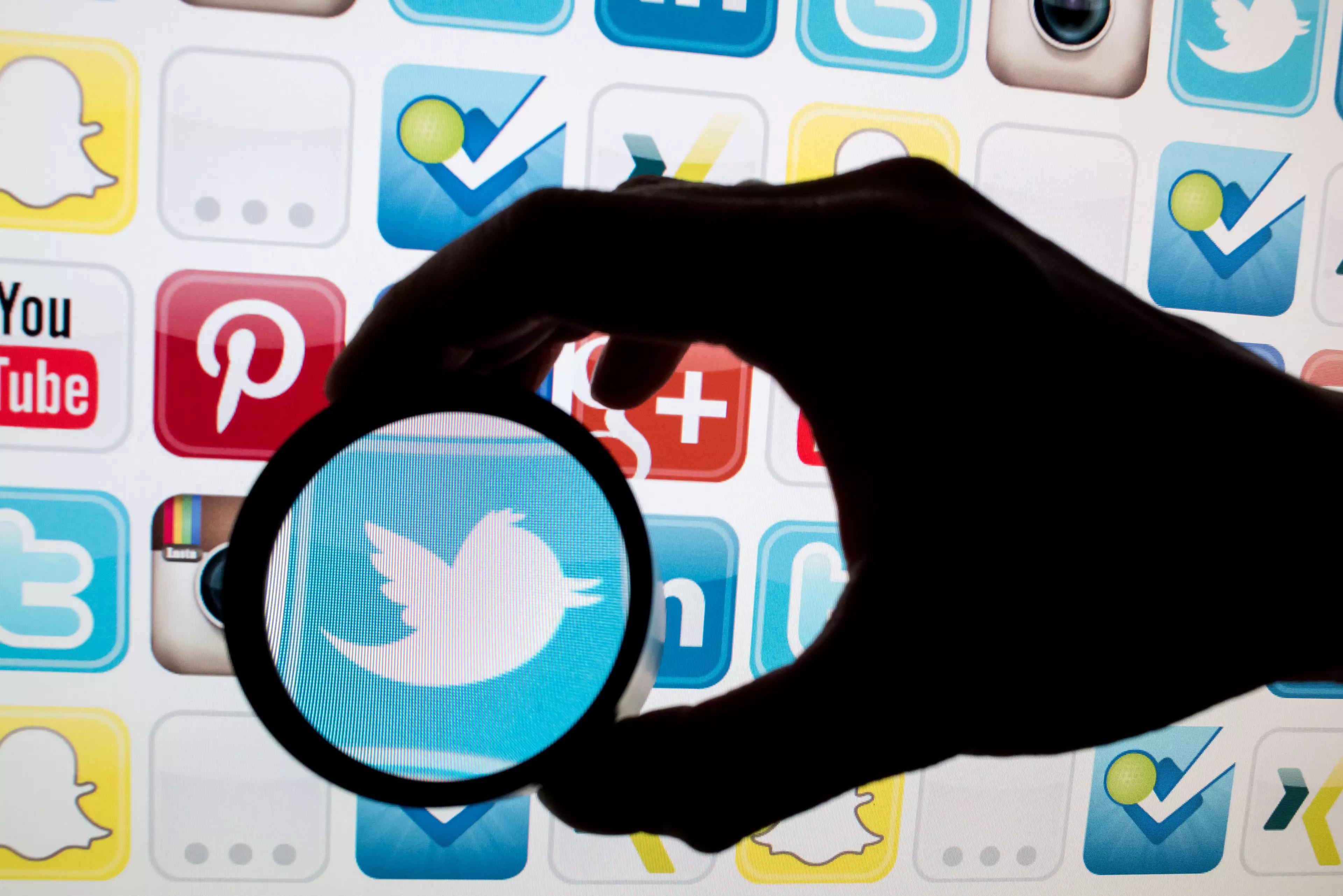
Social media has, over recent years, developed a negative attitude for being a home for vile individuals to take become true keyboard warriors.
Trolling, particularly over Instagram, Facebook and Twitter, has seen the scum of the planet take insults to the next level.
However, there are examples when social media can do the reverse. When the online community unites to help those most in need.
On World Health Day, it is important that we look at the success stories of social media, and how it has saved lives. LADbible looks at some of the more positive stories on the internet.

Despite all the negatives, social media can have positive influences too (Credit: PA)
Advert
Instagram, for one, is taking a firm stance against the bullies.
Michelle Napchan, head of policy for Instagram in Europe, the Middle East and Africa, told LADbible there's an increased call to keep social media sites safe.
"More and more people are coming online and sharing visuals, millions of people in this case, companies need to keep these spaces safe. The more people share, the more they show the issues that matter to them," she said.
Andrew Parker, a long-term sufferer of anxiety and depression, was on the verge of killing himself back in 2015. He posted an article in his blog entitled 'The End of All Things' - which had a simple conclusion, he wanted to die.
Suddenly, with a wave of support for him, Andrew's Twitter went wild. A lot of them were responses from people he didn't even know.
"Social media, those people, saved my life," he told The Star. "I would not have sought help if I had not seen those messages. That was more than I could have asked for."
He continued: "I know people that have had their lives irreparably damaged because of social media, but at the same time, it can be a force for good."
Andrew later self-checked himself into a local hospital, staying there for three weeks. He said that suicide had been on his mind nearly constantly for the past three years.
He's now on medication, and has worked on a treatment plan with doctors.
"Now I feel like I have the strength to move on and set my life up in a way that it's not all going to come crumbling down around me again," he concluded.
Similarly, there are people on social media championing the cause.
"Luke started an account after his brother committed suicide," Instagram's Napchan said. "He says that it showed how difficult it can be for men to share. It's ok to talk.
"He made an account for his brother, he maintains a community where people can share and engage their stories."
Others seek support through blogging their journey during a difficult time. The writers connect with followers, finding support in fellow sufferers, or just being able to express themselves.
"We know of this woman, called Becky, who has this condition where she constantly wants to pull out her hair," Napchan said. "She knows her struggles. Instagram gives her a window, and gives us a window into her world with helpful, supportive and honest accounts.
"These are the kind of voices we champion and support."
Social media can also be credited with helping to diagnose rare conditions. Natalie Embry suffered from a rare condition that she now knows is Lipodystrophy. It has a rarity of only one in 10 million and affects how the body uses and stores fat.
She started seeing pictures and stories of people who suffered with similar symptoms, including one woman in the same American state as her.
Natalie said: "Because of my Facebook friend I got into this doctor and I wouldn't be here today if it weren't for what I had learned on that Facebook page.
"I have my rare family, and I can call them day or night, I can get information."
The importance of a 'social family' is something that Instagram are highlighting in their work.
"People go online and feel empowered to share and connect," said Napchan. "We've been committed to keeping Instagram as a positive place, uniquely positive. We've put in significant resources to make the place safe and inclusive.
"Instagram is about strengthening relationships, and people will only do this if they feel safe.
"There are three key things with the network.
Advert
"Guidelines - there are rules as to what can and can't go up. Content is taken down if it violates the guidelines.
"Controlled experience - this focuses on comments. This involves the user deciding if they want comments or not.
"Mental health - we can get the people the support they need from experts, local charities, tips and advice as to what they can do."
Instagram has taken a big stand against negative comments on pictures. Users can choose to leave the comments on for their photos, turn them off completely, or even put a filter on certain words. If someone comments using a 'banned' word, the comment simply will not appear.
"It's not a generic thing," said Napchan. "A lot of the time trolls will use words that are offensive to you. We really wanted to give the people, the power."
Advert
Overall, social media is doing its best to step up the game in the battle against the trolls and there is a large community of support.
These people can be there in a someone's lowest time, they can be a coping mechanism, a diagnosis, or simply a friendly stranger.
It's not to say that social media has won the battle over the bullies, but there are a lot of good stories out there, you just have to look for them.
Advert
'U OK M8?' is an initiative from LADbible in partnership with a range of mental health charities which will feature a series of films and stories to raise awareness of mental health.
Explore more here and don't suffer in silence. Reach out. It's the brave thing to do.
MIND: 0300 123 3393.
Samaritans: 116 123.
CALM: Outside London 0808 802 5858, inside London 0800 58 58 58.
Advert
Featured Image Credit: PA
Topics: Instagram, Social Media, Facebook, Twitter